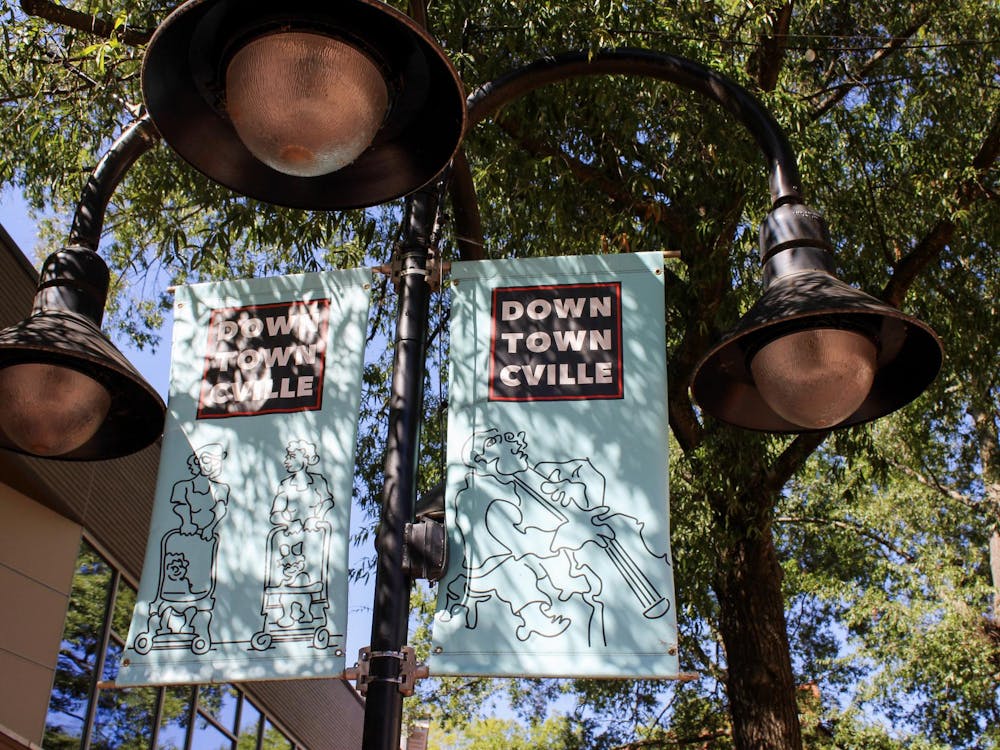The University’s creative writing program hosted Pulitzer-nominated poet Jos Charles for a reading and panel discussion. During Charles’ week-long virtual residence — made possible by Elizabeth Rea and The Dungannon Foundation — she conducted individual manuscript consultations with students in the Master of Fine Arts program in poetry and spoke via Zoom with creative writing faculty, Brian Teare and Kiki Petrosino.
Charles is the author of the collections “Safe Space” and Pulitzer-nominated “feeld,” which was selected by Fady Joudah as a winner in the 2017 National Poetry Series. The celebrated transgender poet and editor has a wealth of accolades tagged to her name — including, but not limited to, the 2016 Ruth Lilly and Dorothy Sargent Rosenberg Fellowship through the Poetry Foundation and the 2015 Monique Wittig Writer’s Scholarship. She is currently a doctoral candidate at the University of California, Irvine and is working on yet another manuscript. Throughout the reading Charles was open about her writing process, highlighting the experience of fatigue and the beauty of a work in progress.
Kyle Marbut, an MFA candidate at the University, introduced Charles, lauding her ability to create “a space for queerness and transness and possibility,” and the unique qualities of her writing that allow for “humor and devastation, irony and sincerity and vulnerability and distance.”
Following Marbut’s introduction — which ended with an amusing misquote of Oprah, stating, “She is the friend that everybody deserves. I do not know a better poet” — Charles began her reading.
In the spirit of “givingness,” as Charles called it, after working with the University’s MFA students and workshopping new pieces Charles offered the audience readings from an unpublished cycle of sonnets titled “A Night Cycle” and a piece she is currently working on. Charles also offered up several of her hailed poems from “feeld” — a revolutionary book of poetry that uses Chaucerian style Middle English to examine gender, society, the self and the pastoral.
Charles read quite a few of her serial poems in “feeld,” beginning with the first in the book, which ends with the powerful lines, “alarum is my nayme / unkempt & handeld i am hors / i am sadeld / i am a brokn hors.” She spoke on gender and societal expectations for women in the 47th poem from “feeld,” “this is wut makes us grls / thining bye the houre.”
It is a magical thing to hear Charles read while holding her book in your hands — to see the old made new again. Perhaps one of the most haunting lines from the reading — and from “feeld” as a whole — comes from the 57th poem, where Charles says, “did u kno not a monthe goes bye / a tran i kno doesnt dye / just shye off 27 / its such a plesure to be alive.”
As with every Zoom experience, the webinar came with the vulnerability and sincerity of seeing someone speak from their home, with all of the background noise that comes with it. For Charles, this meant the sound of a piano playing somewhere in the distance and the constant murmur of neighbors through the walls. However, the background noise did not take away from the reading. If anything, it added a bit of comfort to the incredible intimacy of Charles’ poetry — to hear reminders of the rest of the world as she recited an echo of a world of loss, sadness and the haunting nature of isolation.
Charles’ first reading came from a currently unpublished sonnet cycle, which is an addendum to another sonnet cycle of hers, as well as “a kind of echo, meridian version” of a poem she wrote in 2016 called “A Year.” Charles drew similarities between 2016 and 2020 — both alienating years with loss, death and isolation.
Throughout the question and answer and panel discussion, Charles had a tendency to speak around questions — starting with what she could say, without actually saying it, and then going in another direction. The redirections in conversation brought references to trips to the Los Angeles County Museum of Art as a 12-year-old and childhood Sunday school memories — somehow avoiding the direct vulnerability of an answered question with the equally vulnerable recollection of a childhood memory. Charles’ insights certainly spoke to Marbut’s point from earlier in the night, as she has mastered the ability to be both vulnerable and distant at once.
Charles has a unique ability to speak and to read in an incredibly arresting way — her voice is soft, and she takes her time with her words, ensuring that each and every word is held, while still maintaining a boundary between herself, the work and the audience. Her last reading of the night was of an in-progress poem that has not quite reached its final form.
She finished with a deeply powerful repetition of the line, “I love you, I love you, I love you,” and then said, “We can stop there.”
Although Charles ended her poetry reading with the simple statement of “We can stop there,” the power of her poetry does not. It dives into the past and muses on the future, ensuring it will always hold its space. Her poems in “feeld” and “A Night Cycle” rework and reclaim the language and expectations of the past, but they also nestle inside of the reader, providing those echoes of our personal and societal histories.
Professor and fellow poet Teare said it perfectly when opening up the question and answer section of the webinar, “I am always very aware of my physical self when I’m with your work.” To listen to Charles read, or to read her work yourself, is not just to experience poetry, but to let it hold you and slip inside of you. When you are with Charles’ poetry, you are existing in a continuum of history and possibility — of form, of originality and the self.







